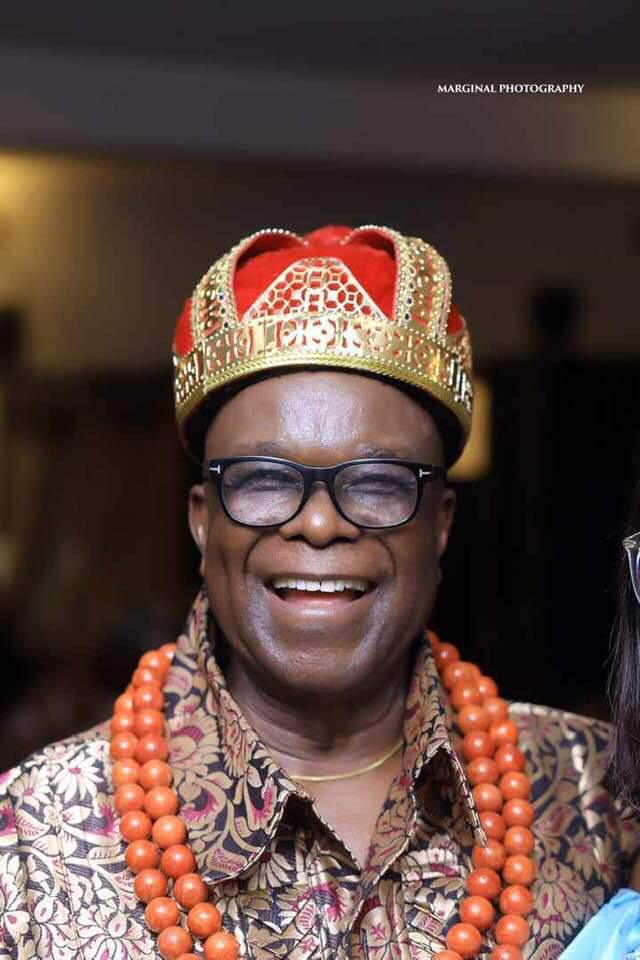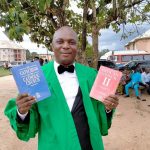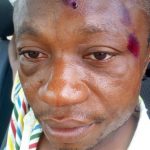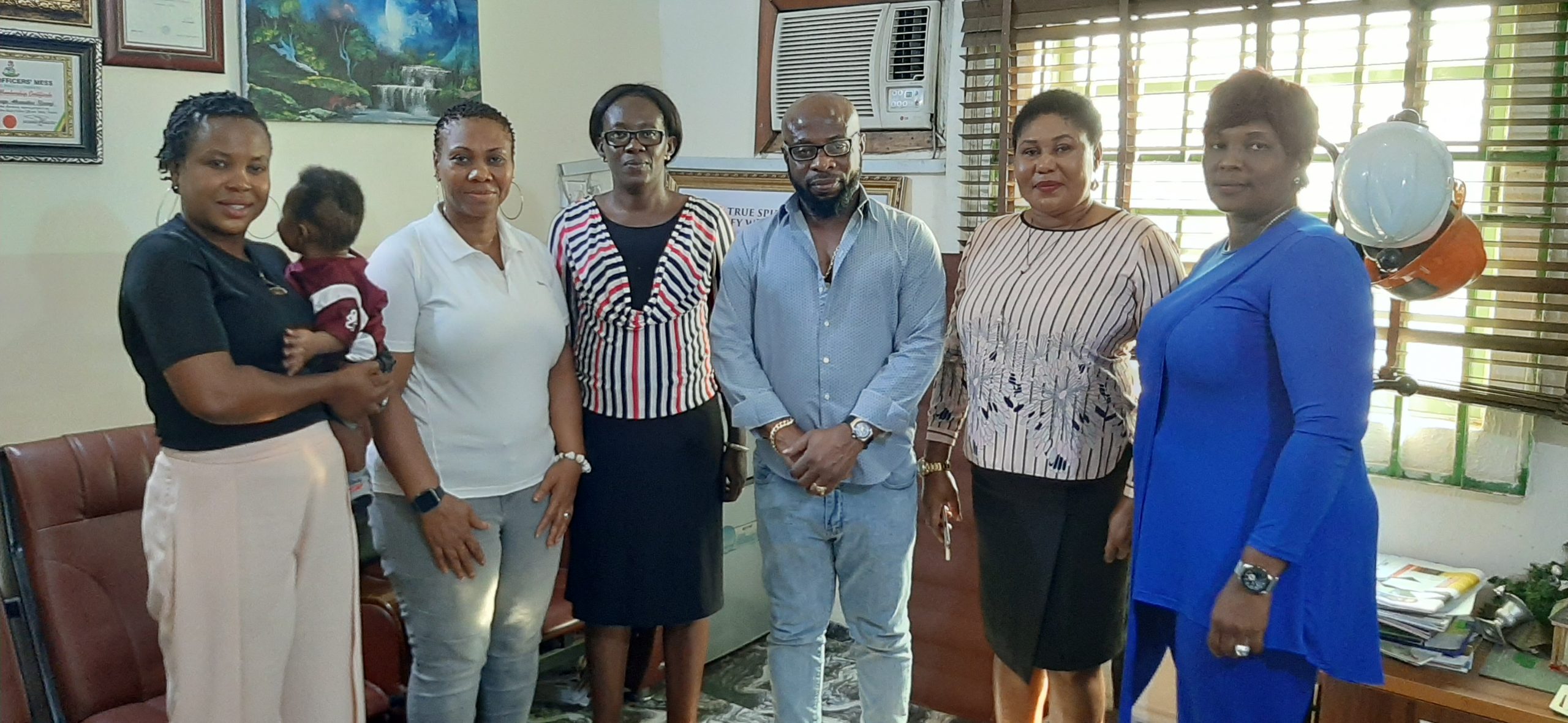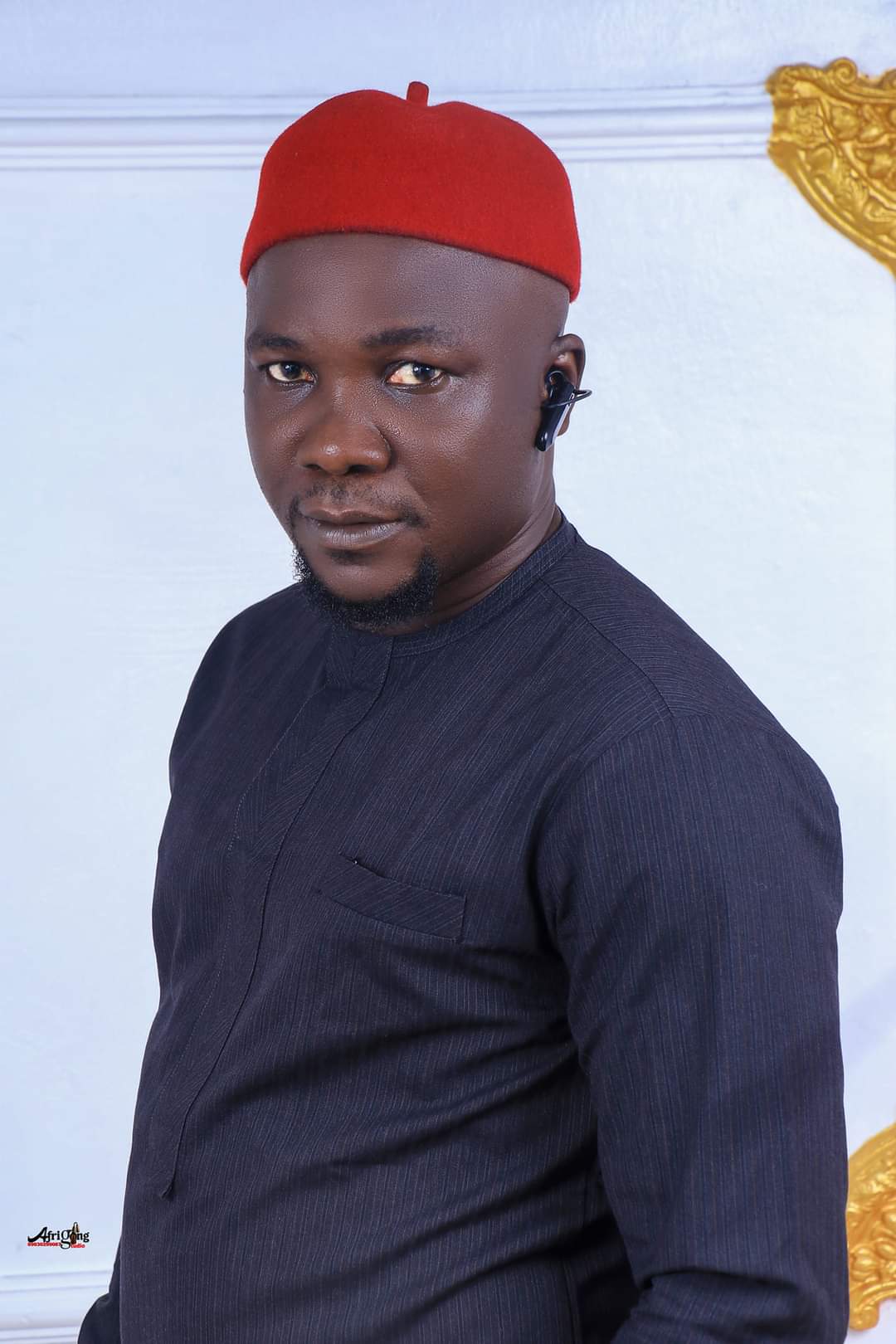The Obor community in Imo State of Nigeria has set the pace in streamlining customary land laws in line with emerging global trends of increased rights to human persons and doing away with obnoxious customary practices. This was in response to growing number of cases handled by the traditional arbitration bodies.
In Igbo land, land ownership is vested on all make offsprings of the family. When a family head dies, the surviving male children after performing his burial rites will come together to share his estate and/or family lands whereby the Okpara leads the rest of the children after taking over (inheriting) his father’s homestead (Ishiobi).
The amendment, in addition to affirming this age-long customary law amended some aspects that hitherto did not properly cover the interest of certain members of the family.
Some of the interesting points in the amendments cover widows and female children of a deceased family head as well as male children born into the family out of wedlock by either the head of the family or a female member of the family.
(a) ”Where a family land(sic) is survived by a widow and female children, the survivors shall continue to enjoy all rights and privileges of inheritance to the family estate. Any land sales in the family must be approved by the oldest surviving male family members (brothers or uncles) of the deceased family head. The rights and privileges of inheritance shall be transferred to the deceased male family members when the widow of the deceased is dead and all female children married out of the family.”
(b) ” Where a male child is born into the family out of wedlock either by the head of the family or a female member of the family, he shall partake in the sharing of the family estate/land according to his age.”
Another essential clause in the amendment properly warns non-indigenes wishing to buy land from the community to conduct proper investigations, failing the buyer has none to blame except himself.
“Any non-indigene of the community wishing to acquire land(s) in this community must conduct all the necessary investigations to determine the actual owner of the property.
“At the conclusion of the sale negotiation, any agreement or irrevocable power of Attorney being evidence of transfer of title to the purchaser must be countersigned by at least 2 members of the family which must include the oldest living son of the family.
“In the case of any issue arising from the sale, the case must be presented to the village head who failing to resolve the issue may upscale it to the EZE-IN-COUNCIL. In other words, where the arbitration of the village head fails, it can be assigned to the EZE-IN-COUNCIL to address it accordingly.
“The latin maxim “CAVEAT EMPTOR” meaning”BUYER BEWARE” remains in force. It is principle that a person who buys any land is responsible for the legality of the transaction.
“Where a buyer of land(s) ignores the above maxim and falls into trap of multiple sale or false claim of ownership, he or she has himself to blame as any sale or purchase that is predicated on the illegal transaction becomes null and void and of no legal effect.”
The amendment signed and sealed by the traditional ruler of Obor Autonomous Community, His Royal Highness, Eze Dr. Ugo Obi Ralph Ekezie, the Traditional Prime Minister and the 5 village heads of Obor Community reflects some aspects of the recent Supreme Court landmark judgement that includes females in consideration of the estate of their father.
The amendment concludes by noting:”This document will guide any competent court of law regarding land(s) transaction via sale and purchase in Obor Autonomous Community, Orlu LGA of Imo State of Nigeria.”





